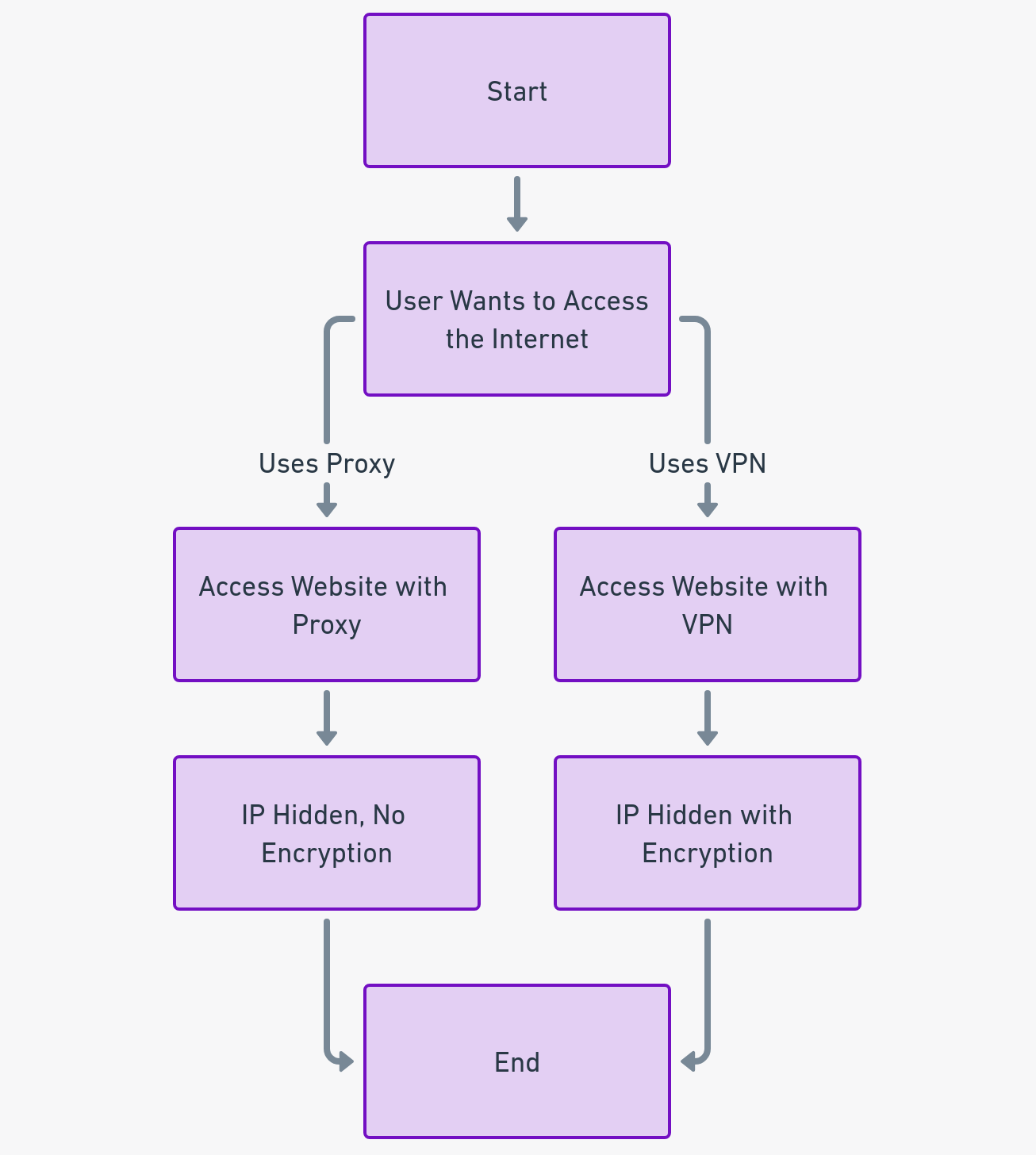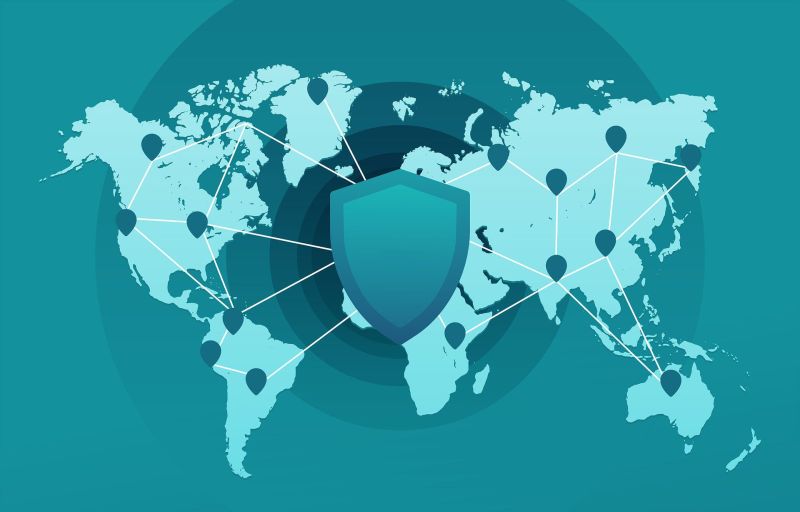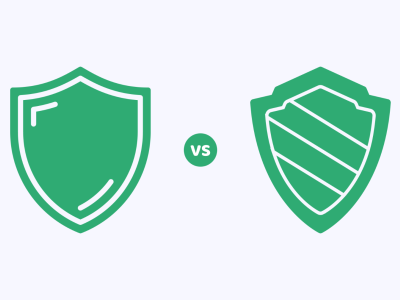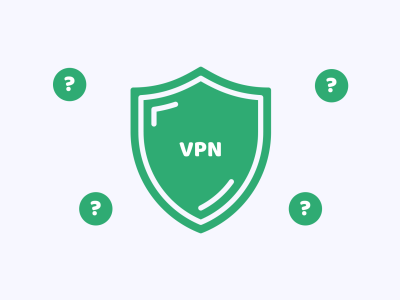
VPN vs Proxy: What is the difference?
Is there really a difference between VPN and proxy server? Do the two actually differ at all? What exactly are the differences between the two, and why do they matter? People often use the terms "VPN" and "Proxy" interchangeably. However, there are distinct differences between the two.
The more you look at proxies vs. VPN, the more differences you'll see. These are a few more differences you should be aware of:
Only VPNs offer encryption: This is one of the biggest advantages VPNs offer. When you use a VPN network, all of the data sent and received will be fully encrypted. This means you'll be protected against cybercriminals. You can safely use a VPN when banking online or providing credit card information.
Privacy can vary: Both VPNs and proxies can monitor the traffic of users. In some cases, this data may be sold to a third-party. This is more likely to happen if you use a free VPN or proxy. However, some VPN providers offer a no-log option, which means your traffic won't be tracked or stored.
VPNs can be more expensive: There are free proxy servers and VPNs available, but for numerous reasons, you'll want to avoid them. If you are going to be using a paid service, you'll likely pay more for a VPN. You'll have to decide whether the security VPNs provide worth the extra cost.
The steps a user takes to access the internet using either a VPN or a Proxy:

Can you use a proxy server and a VPN?
It's possible to use a proxy and a VPN at the same time. However, it isn't necessary. Your IP address will already be masked if you are using one of these two tools. Using both at the same time will lead to unnecessary slowdowns.
Many people believe that using both a VPN and proxy server can give them additional security, but that isn't the case. If you choose the right proxy -- or the right VPN -- you'll get all the protection you need.
Proxy vs. VPN: Which should you choose?

It's essential to think about what you want when comparing VPNs to proxy servers. If you take your priorities into account, you should find the solution that best fits your needs. Both will be able to conceal your IP address, so you'll want to focus on the other features these tools offer.
If your primary goal is security, you'll want a VPN. VPNs provide encryption, while proxies don't. A VPN is an excellent option if you plan on sending sensitive data or accessing online banking. Using a VPN can give you peace of mind.
VPNs are also a great choice for businesses. Since you can connect to a VPN remotely, a VPN will allow you and employees to carry out daily tasks regardless of your location. VPNs are likely to increase in popularity now that working from home is becoming more common.
If you're looking for something for personal use, a proxy could be a good fit for you. It's generally going to be easier to access streaming content on a proxy. However, you'll want to be aware that your data won't be encrypted. Since privacy isn't guaranteed, you should choose a proxy server with care.
Proxies are also a great option if you're on a tight budget. Free options are available, but the risks and drawbacks aren't worth the cost. You'll need to pay for a stable and secure service, and you can get that for less with a proxy.
Once you have a clearer picture of the differences between proxy servers and VPNs, it will be easier for you to decide which choice is best suited to your needs. Both options are very popular, and both offer a number of advantages.











